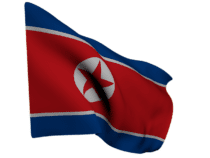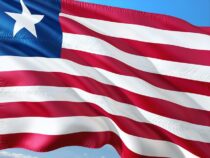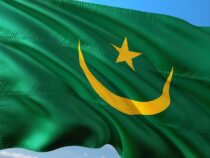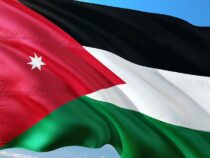Students who are interested in studying in North Korea will find reasonable information that will help them to navigate this country. From the official language to other languages routinely spoken throughout the country, to what to expect for a month-to-month rent living situation.
We will even cover what universities are currently open to the public and private institutions that are still open. There are a few universities that some students will find within their internet search that have closed in North Korea. But we have the currently open universities list below.
Along with living costs, we have provided an annual tuition cost section that will detail a bit about what a student can expect to spend in tuition per academic year. There is an average cost along with a maximum amount that can be expected with more needed resources topics such as medical.
We always suggest that within the student’s study search, or where to study and at what university to look through each university website and utilize the contact information to gain more insight.
Universities in North Korea:
- Kim Il-sung University
- Pyongyang University of Foreign Studies
- Pyongyang University of Music and Dance
- Kim Hyong Jik University of Education
- Pyongyang Medical University
The list above does not name all the available universities in the country.
Cost of Tuition
Information about the cost of college tuition in North Korea is scarce, as the country does not release official statistics or reports on higher education costs. However, it is known that North Korea has a centralized education system, with most universities and colleges being state-run institutions.
Education in North Korea is free and compulsory for all citizens, including higher education. The government provides a range of scholarships and financial support to students who wish to pursue higher education. However, access to higher education is highly selective, with admission to universities and colleges based on academic performance.
Cost of Living in North Korea
Housing in North Korea is generally provided by the state. Citizens are assigned housing based on their social status and employment, and rent is either heavily subsidized or non-existent. However, housing conditions can vary greatly depending on the location and status of the citizen.
Main Languages Spoken in North Korea
The official language of North Korea is Korean, which is also the country’s most widely spoken language. However, due to the country’s isolation and limited international interactions, English is not widely spoken or taught in North Korea.
In addition to the standard Korean language, there are some regional dialects spoken in North Korea, such as the Hamgyong dialect and the Pyongan dialect. These dialects have some differences in vocabulary, pronunciation, and grammar compared to standard Korean, but they are still mutually intelligible.
It’s worth noting that North Korea has strict government control over media and information, which includes language usage. The government promotes the use of standardized Korean and discourages the use of foreign loanwords or non-standard language varieties. This can lead to a lack of linguistic diversity and a limited exposure to other languages in North Korea.






